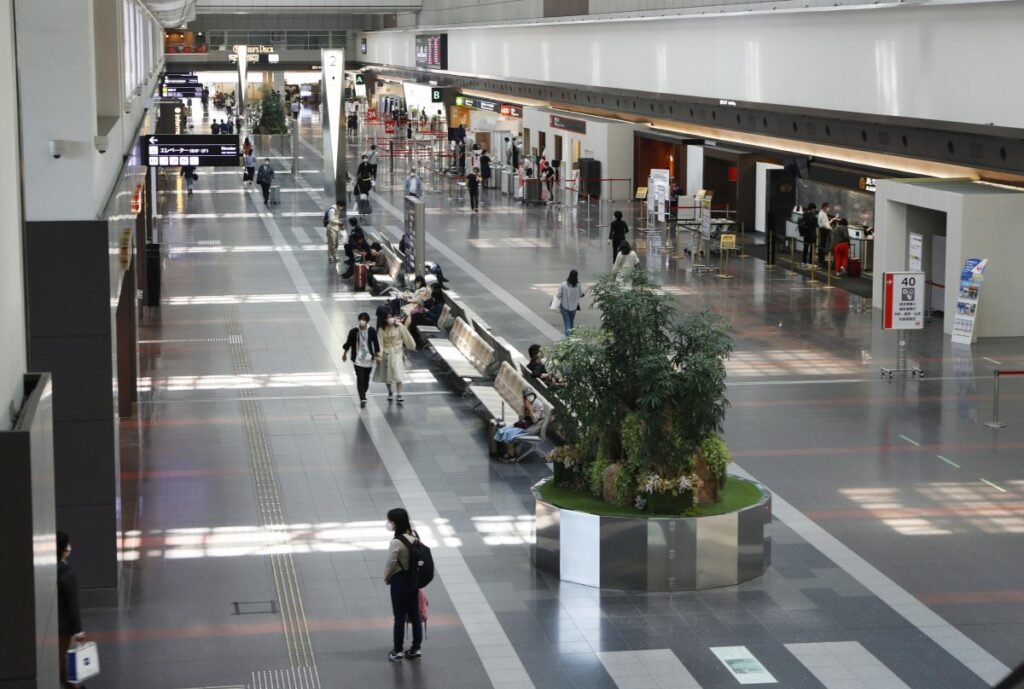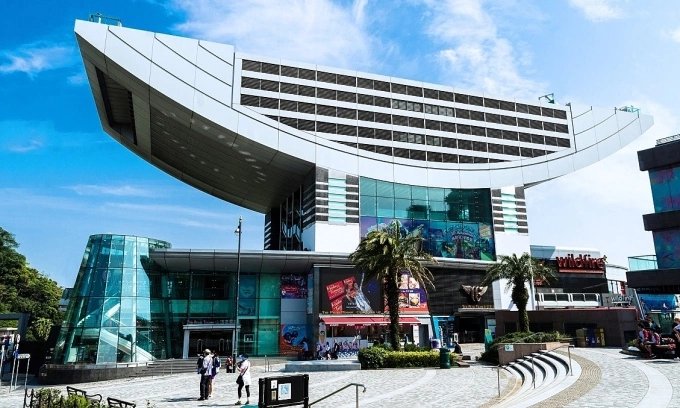Sunday, July 6, 2025

Recently, a viral rumor has drastically interfered with travel itineraries between Hong Kong and Japan. At its core is an old manga published several years back entitled The Future I Saw, which has attracted unforeseen attention because of an impending catastrophic earthquake foreseen in its lines. Written by Ryo Tatsuki and first published in 1999, it was a disaster storyline on a fictional basis that several readers confused with reality and ongoing events. Its widespread circulation on assorted social network sites has prompted widespread fear, most notably in Hong Kong, and airlines and tour operators have accordingly repositioned their activities.
The prophecy from the manga mentions that a major earthquake would hit Japan around July 5, 2025, and despite no scientific backing for this claim, the rumor has taken on a life of its own. Travelers from Hong Kong, in particular, are now second-guessing their plans to visit Japan, leading to a sharp decline in bookings, flight cancellations, and reduced demand. This is having a ripple effect on the aviation and tourism industries, with airlines suspending or cutting back on services, and travel agencies reporting significant losses.
Airlines Adjust Operations Amid Declining Demand
Greater Bay Airlines, a Hong Kong-based carrier, announced the suspension of its service to Tokushima, Japan, citing weak demand attributed to the earthquake rumors. The airline’s decision reflects the broader trend of decreased interest in travel to Japan from Hong Kong. Similarly, Hong Kong Airlines has reduced or canceled several flights to Japan, particularly to tourist destinations such as Kagoshima and Kumamoto, due to the same concerns. These adjustments are in response to a significant drop in bookings, with some routes experiencing cancellations and others operating with reduced frequencies.
Tour Operators Report Decreased Bookings
EGL Tours, a prominent travel agency in Hong Kong, reported a 50% decrease in bookings to Japan for the summer of 2025. Despite offering discounts and earthquake insurance to reassure travelers, the agency has observed a marked decline in interest, particularly for group tours to Japan. The agency’s executive director, Steve Huen, noted that the rumors have had a significant impact on their business, with many travelers opting to postpone or cancel their trips.
Scientific Community Dismisses Rumors
Experts in seismology and meteorology have dismissed the earthquake predictions as unfounded. Dr. Robert Geller, a professor at the University of Tokyo and a seasoned seismologist, stated that “None of the predictions I’ve experienced in my scientific career have come close at all” in terms of accuracy. The Japan Meteorological Agency has also labeled such predictions as “a hoax,” emphasizing that with current scientific knowledge, it is impossible to predict the exact date, time, location, and size of an earthquake. Despite these reassurances, the rumors continue to influence public perception and travel decisions.
Impact on Tourism and Travel Plans
The repercussions of these rumors have extended beyond airlines and tour operators. Travelers from Hong Kong have expressed hesitation about visiting Japan during the summer months, with some opting to delay their trips until after September. This shift in travel plans has contributed to a decline in inbound tourism to Japan from Hong Kong, with arrivals dropping 11% in May compared to the previous year.
Industry Perspective
Even though the current situation is challenging for the tourism industry, optimism is that it will not last for long. Industry analysts believe that after the rumors are put to rest and faith of people is restored, travel demand will be back to normal again. Airlines and tour operators are watching developments very closely and are prepared to alter their services in turn to meet fluctuating needs of travelers.
Meanwhile, travelers are advised to stay updated via official channels and consider rethinking destinations if they are concerned about traveling to Japan now. The issue emphasizes how much misinformation affects travel decisions and how important it is to rely on trusted sources for travel updates.
«Enjoyed this post? Never miss out on future posts by following us»









